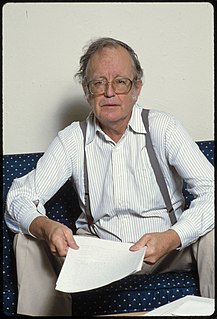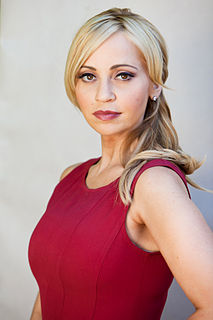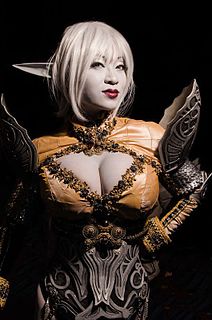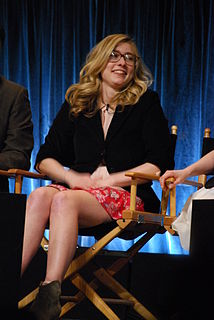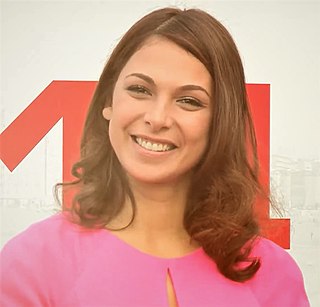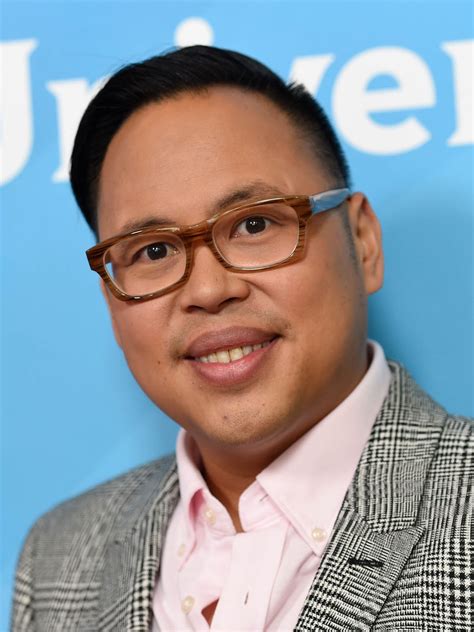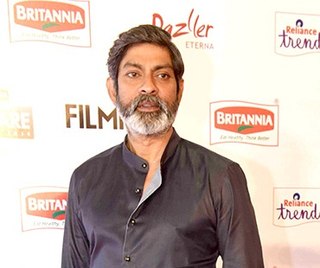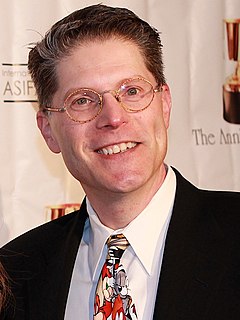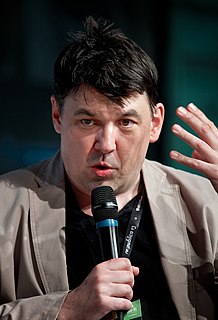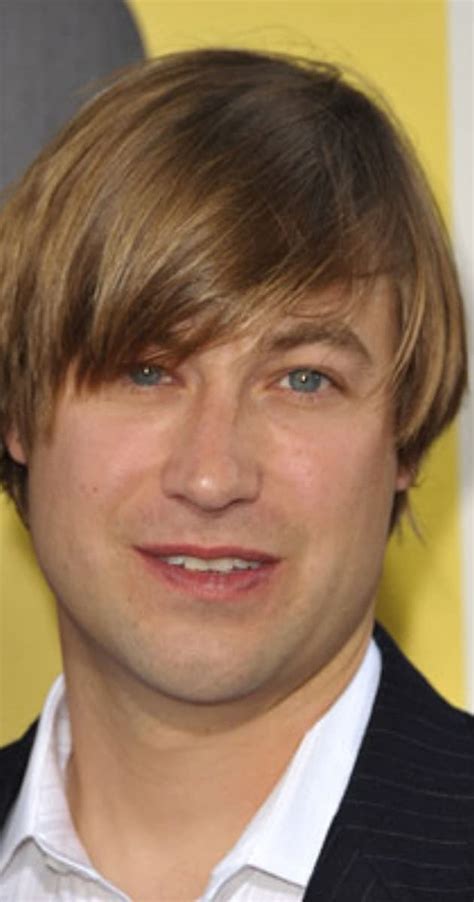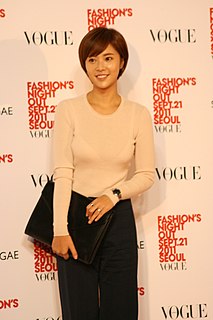Top 1200 Characters Quotes & Sayings
Explore popular Characters quotes.
Last updated on November 25, 2024.
I'm mostly interested in characters and how they manifest themselves in their relationships. I'm delighted that people relate to the characters in 'Bojack,' and hopefully they will too to the characters in 'Undone.' If they understand themselves or feel seen in a new way, I think that's a wonderful thing.
What interests Sam Mendes are characters and relationships, and he was a genius at giving you the freedom to create the type of character you want, and also to explore and have fun with your fellow actors. For him, characters and relationships are really the heartbeat of the film, and then the action is the backdrop. By developing the characters, he makes you care that much more about the action and going on a journey with the characters.
Unlike most wars, which make rotten fiction in themselves - all plot and no characters, or made-up characters - Vietnam seems to be the perfect mix: the characters make the war, and the war unmakes the characters. The gods, fates, furies had a relatively small hand in it. The mess was man-made, a synthetic, by think tank out of briefing session.
I like complex characters. I've been very, very lucky to portray, in these past three years, characters that are strong and fragile at the same time. It's those characters that I'm looking for. In the last year and half I played three different religions, and that allowed me to educate myself so much.
The nature of acting is that one is many characters and jumps from one skin to another as a way of life. Sometimes it's hard to know exactly what all of your characters think at the same time. Sometimes one of my characters overrules one of my other characters. I'm trying to get them all to harmonize. It's a hell of a job. It's like driving a coach.
It's funny what [producer Richard Zanuck said about even though you can't quite place when the book or the story came into your life, and I do vaguely remember roughly five years old reading versions of Alice in Wonderland, but the thing is the characters. You always know the characters. Everyone knows the characters and they're very well-defined characters, which I always thought was fascinating. Most people who haven't read the book definitely know the characters and reference them.
I think at some level, it's just alchemy that we, as writers, can't explain when we write the characters. I don't set out to create the characters - they're not, to me, collections of quirks that I can put together. I discover the characters, instead. I usually go through a standard set of interview questions with the character in the beginning and ask the vital stuff: What's important to you? What do you love? Hate? Fear? .. and then I know where to start. But the characters just grow on their own, at a certain point. And start surprising me.
Make sure your characters are worth spending ten hours with. That’s how long it takes to read a book. Reading a book is like being trapped in a room for ten hours with those characters. Think of your main characters as dinner guests. Would your friends want to spend ten hours with the characters you’ve created? Your characters can be loveable, or they can be evil, but they’d better be compelling. If not, your reader will be bored and leave.
I have always liked kind of outsider characters. In the movies I grew up liking, you had more complicated characters. I don't mean that in a way that makes us better or anything. I just seem to like characters who don't really fit into. You always hear that from the studio: "You have to be able to root for them, they have to be likeable, and the audience has to be able to see themselves in the characters." I feel that's not necessarily true. As long as the character has some type of goal or outlook on the world, or perspective, you can follow that story.
I don't have a preference for bad people, no. I have an interest in playing a broad range of characters. Obviously, I'm mostly identified with a character who is very responsible, very solid and very intelligent, but there are plenty of questionable characters in my past career. I'm interested in exploring theatricality and characters with some dimension.






